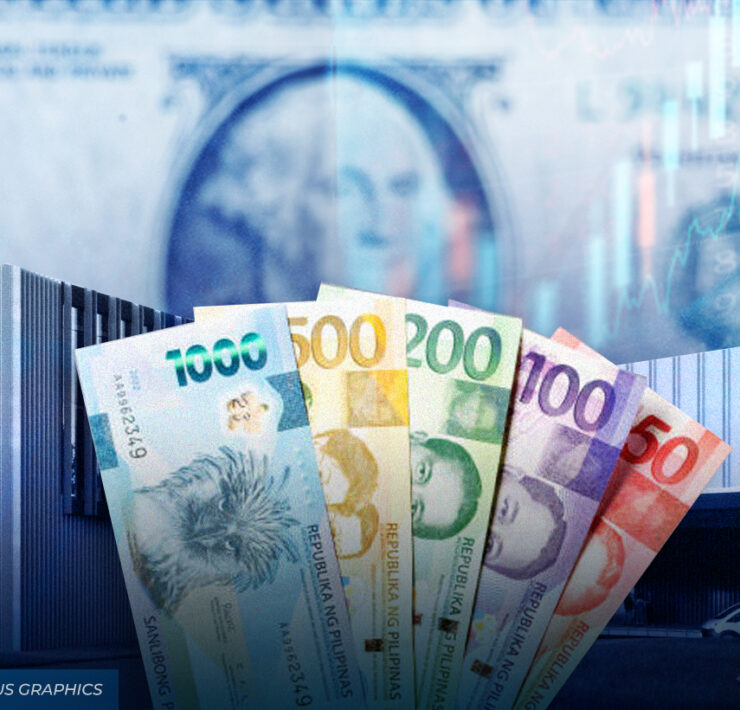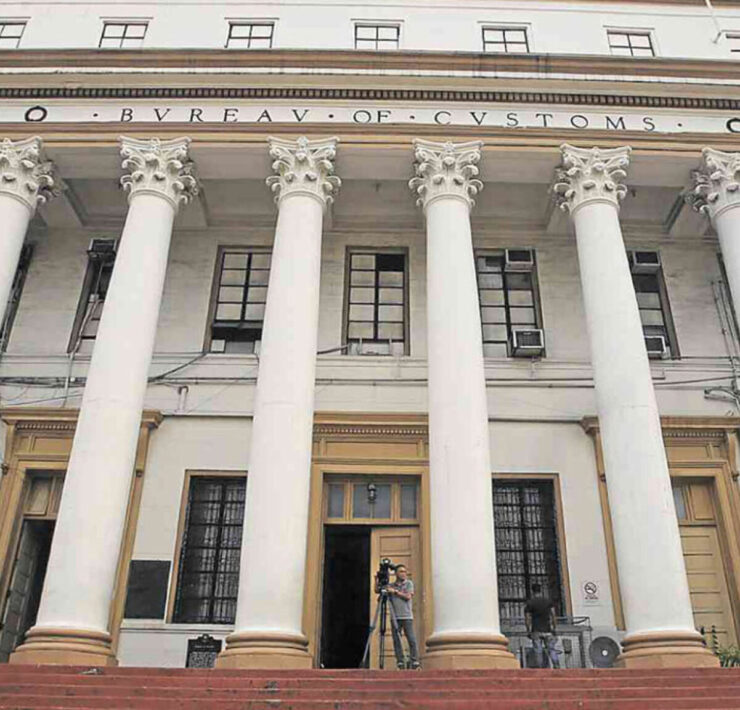Trade deficit narrowed in March

The Philippines’ trade deficit sharply narrowed in March, but not for a good reason.
Data released by the Philippine Statistics Authority (PSA) on Wednesday showed the country’s external trade gap shrank 36.6 percent year-on-year to $3.2 billion. On a month-on-month basis, the deficit fell by 13.2 percent.
The trade deficit means the country continued to spend more on imports than earn from export sales. In the first quarter, the trade gap amounted to $11.2 billion, down by 13.2 percent compared with a year ago.
A narrower gap, which may ease some pressure on the peso, is typically seen to be a welcome development. But not this time as data showed the reduction in trade deficit in March was mainly due to contraction in both exports and imports.
Based on the PSA’s report, receipts from export sales dropped by 7.3 percent to $6.1 billion. Outbound shipments of electronic products, the country’s top export product, were valued at $3.6 billion, up by just 0.8 percent.
Meanwhile, imports—an indicator of domestic demand conditions—collapsed by 20 percent to $9.3 billion, with purchases of capital goods (-14.8 percent), raw materials and intermediate goods (-25.2 percent), mineral fuels (-18.1 percent) and consumer goods (-19.1 percent) all in the red.
Miguel Chanco, economist at Pantheon Macroeconomics, said the smaller trade deficit in March was “not the kind of reduction we’d want to see.”
“The bad news is that the kind of deficit reduction the economy saw at the end of the first quarter is the worst possible type, as two-way trade both weakened month-on-month,” Chanco said in an emailed commentary.




















